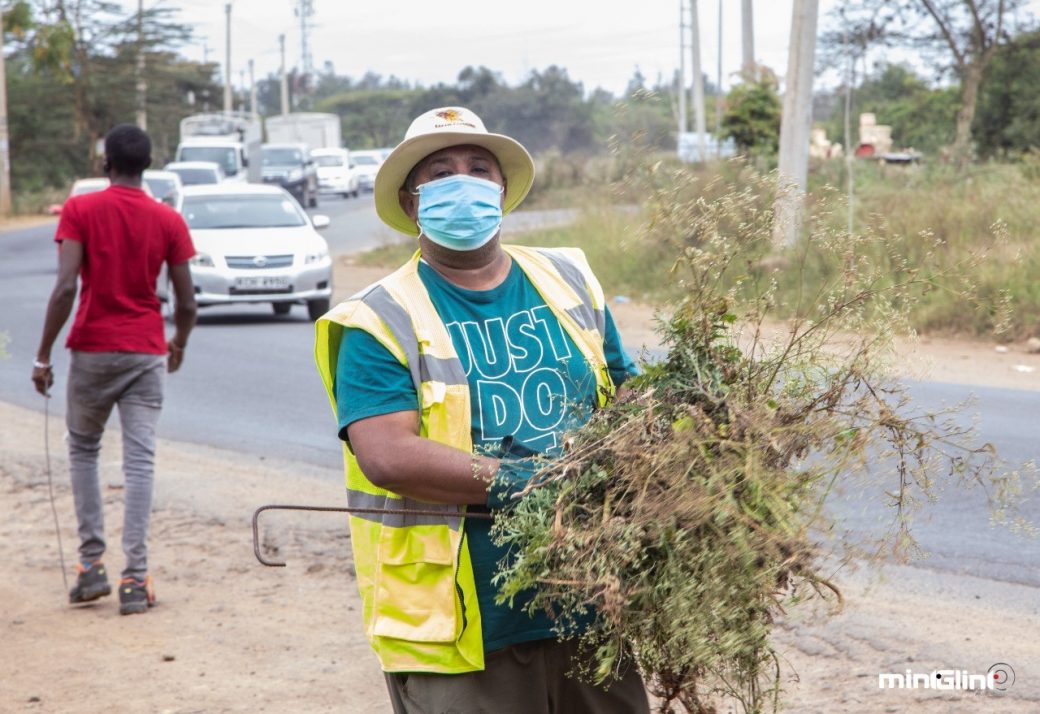TOSK Nairobi National Park Clean Up
Tour Operators Society of Kenya conducted a successful clean up exercise in Nairobi National Park on 9th July 2020. This activity is in line with our Sustainable Tourism policy and pillar which is aimed at inculcating best and responsible business practices to both our members, the public and guests.
The activity was conducted in partnership with Kenya Wildlife Service and well-wishers in the Tourism industry. Over 150 participants participated in the activity which was graced by Mr. Dadacha, Senior Warden and Mrs. Mwanahamisi, Community and Education Warden, from Kenya Wildlife Service, Nairobi National Park.

As a Society, we realized that, the problem of plastic pollution in our parks has been too big for any single organization to fix on its own. To match the scale of the problem, changes need to take place across the whole tourism value chain.
It is with this in mind that TOSK has gone ahead to make concrete and actionable commitments on No Single use of Plastics in Kenyan parks.
Tosk is concerned about this problem because;
- Plastic pollution is one of the major environmental challenges of our time and a growing concern for tourism destinations.
- Each year, a staggering 8 million tonnes of additional plastic end up in the world’s oceans.
- Much of the plastic used in tourism is made to be thrown away and often can’t be recycled, leading to large amounts of pollution.
- With 80% of all tourism taking place in coastal areas and the bush, plastic pollution from tourism can easily end up in oceans and waterways like Lake Victoria.
- In-land and urban tourism can also contribute to park plastic pollution, with huge amounts of plastic pollution ending up in rivers and getting carried into our oceans.
- Each year up to one million seabirds, 100,000 sea mammals, marine turtles and countless fish die because of plastic pollution.

This initiative will be replicated in all the parks in Kenya and will sensitize Tour companies, Hospitality facilities, Host destinations, Tourism Associations and NGOs through:
1. Sharing information about the plastic pollution challenge and the solutions being implemented across the sector;
2. Fostering procurement practices that consider the plastic footprint of products and services and encourage circularity in the use of plastics;
3. Promoting innovation and facilitating the cooperation between governments, local organizations, and businesses;
4. Consolidating the progress reported by all signatories and establishing a performance benchmark.

We wish to sincerely thank Kenya Wildlife Service, all our sponsors and well-wishers who supported us during this desirable event. We look forward to partner with like-minded Organizations to assist us champion this noble cause.


